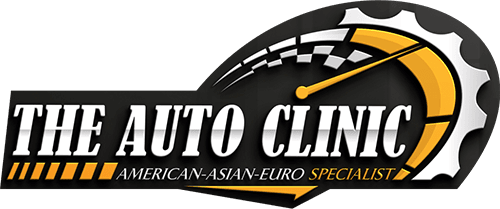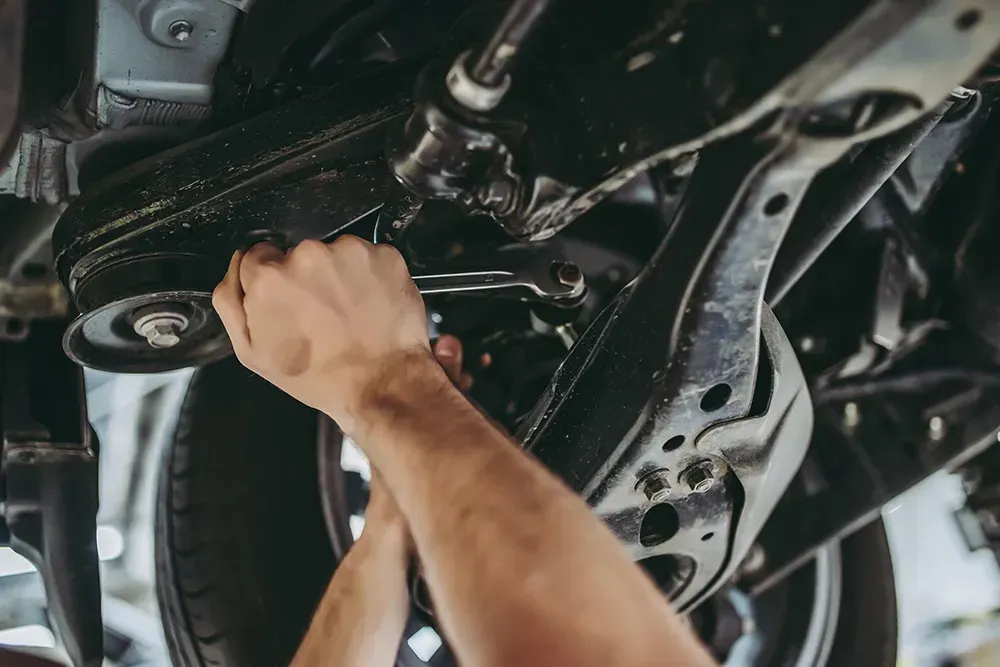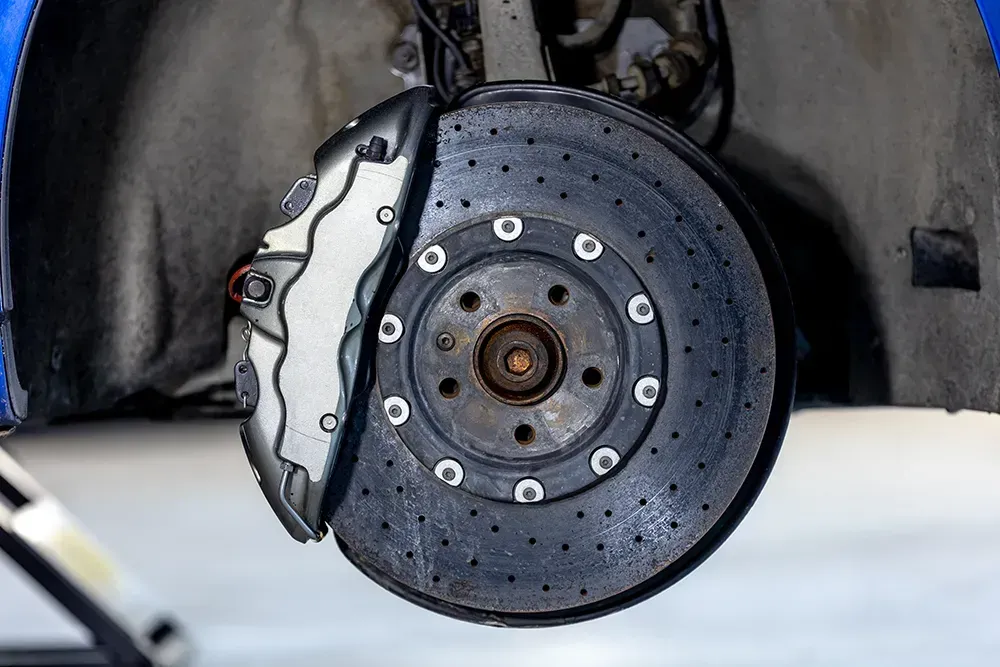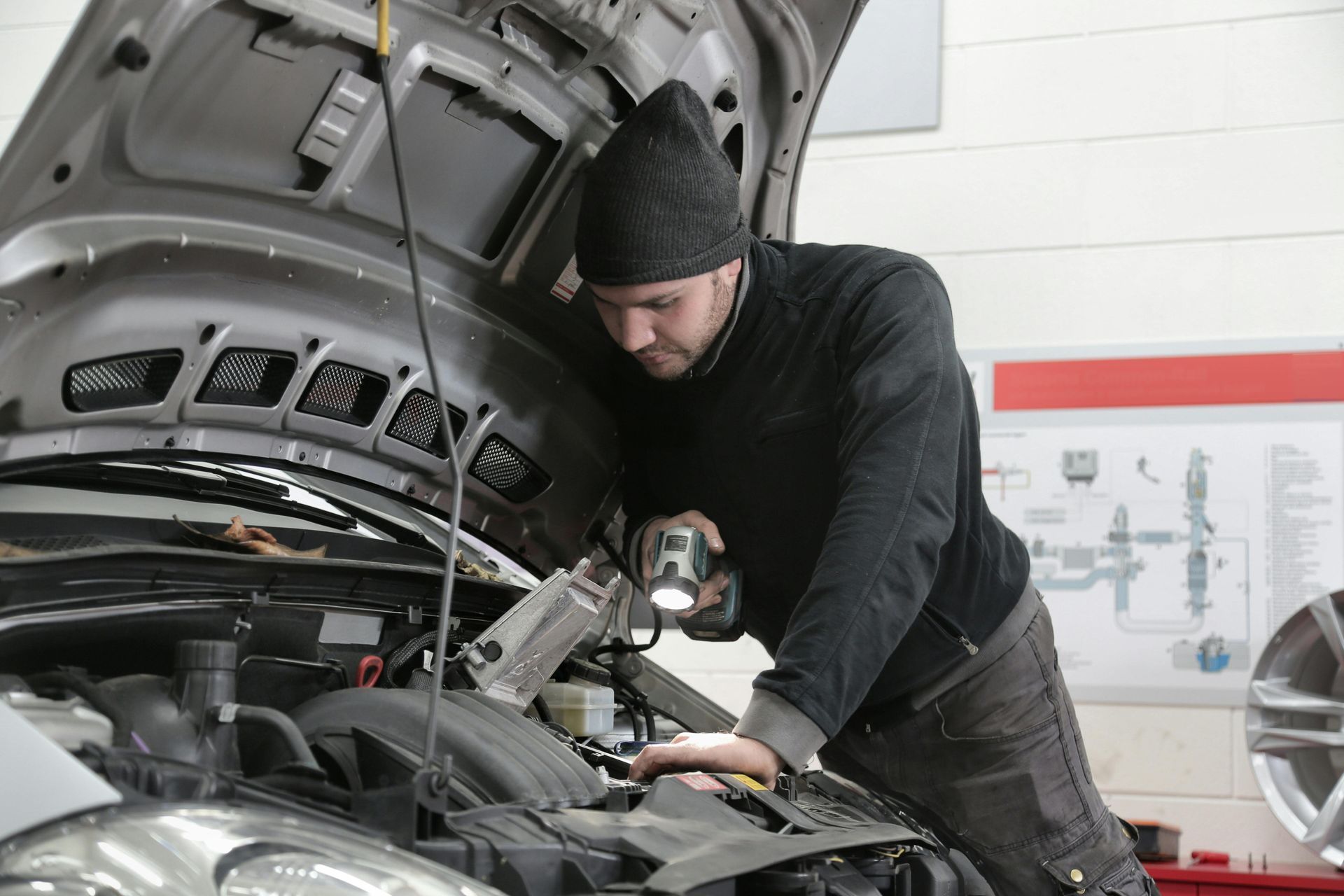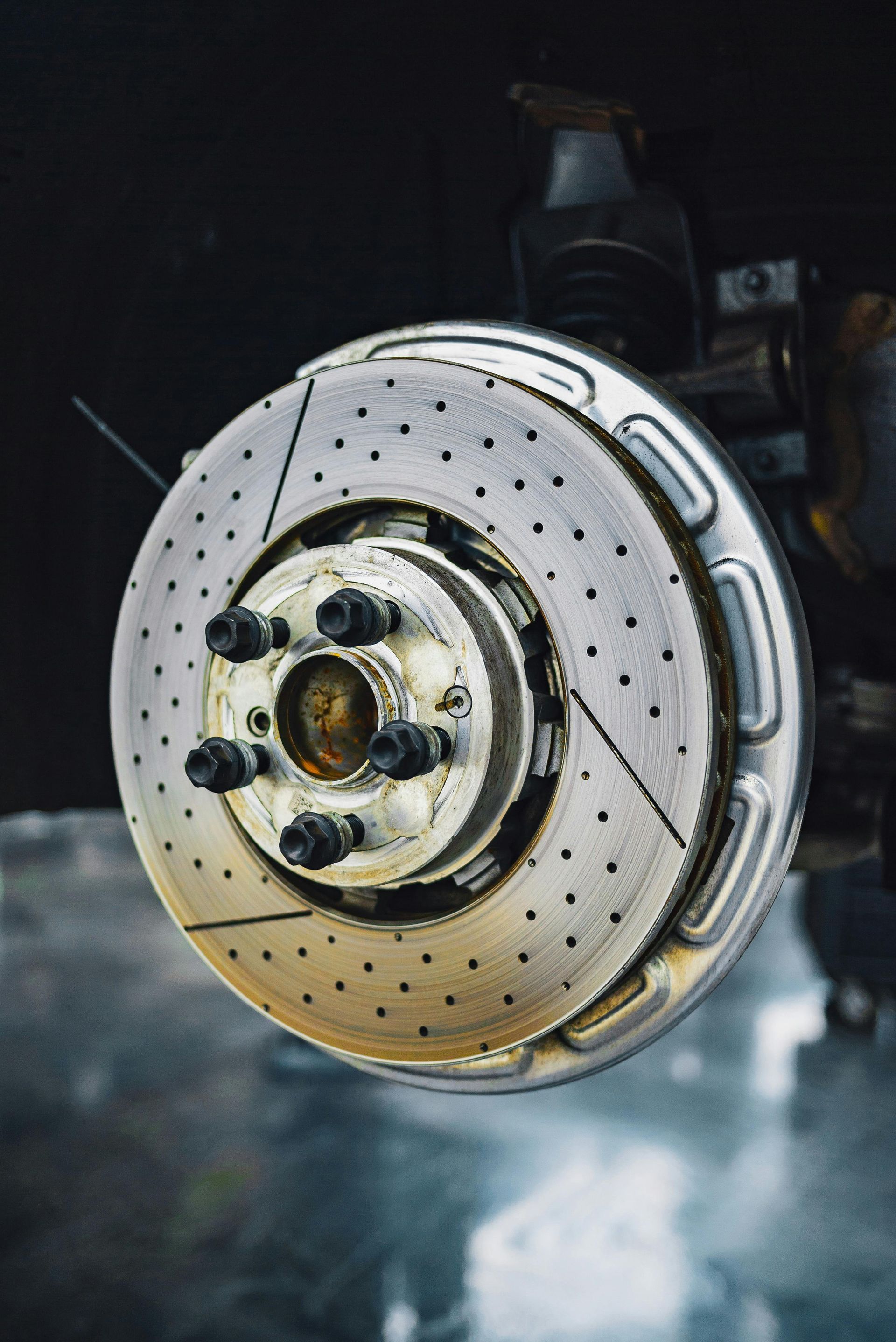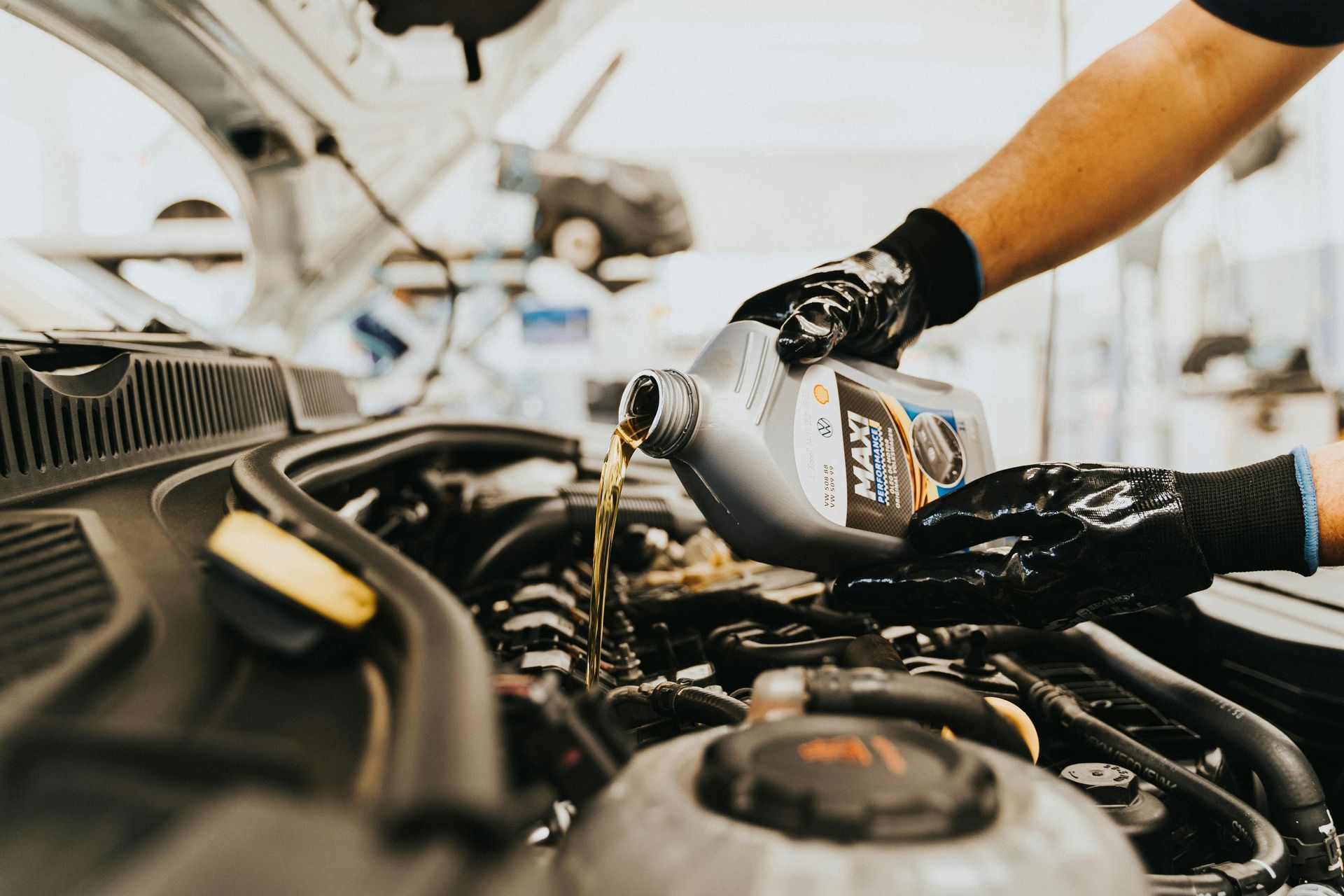The Benefits of Regular Tire Maintenance in Hot Weather
As a vehicle owner in Jonesboro, Arkansas, staying vigilant about the health of your car’s transmission is crucial to avoid costly repairs down the road. Your car’s transmission plays a vital role in ensuring smooth gear shifts and overall performance. Ignoring signs of transmission issues can lead to major problems and potential safety hazards. In this article, we will discuss the common signs that indicate your car’s transmission may need repair or replacement.
Strange Noises
One of the most noticeable signs of transmission problems is strange noises coming from your vehicle. If you hear grinding, whining, or clunking sounds while shifting gears, it could indicate a transmission issue. It is essential to have these noises inspected by a professional mechanic to determine the root cause and prevent further damage.
Fluid Leaks
Transmission fluid is crucial for lubricating moving parts within the transmission system. If you notice red fluid puddles or leaks underneath your car, it could signify a transmission fluid leak. Driving with low transmission fluid levels can lead to overheating and potential transmission failure. It is recommended to address any fluid leaks promptly to prevent extensive damage.
Delayed Shifting
A healthy transmission shifts gears seamlessly without any delay. If you experience delays or hesitation when shifting gears, it could be a sign of transmission trouble. Delayed shifting can be caused by low fluid levels, worn-out clutch components, or internal transmission damage. Seeking professional diagnosis and repairs can help avoid further transmission issues.
Burning Smell
A burning odor coming from your vehicle could indicate overheating transmission fluid. Overheating can occur due to low fluid levels, old fluid, or internal transmission problems. Ignoring a burning smell may lead to severe damage to the transmission system. It is crucial to address this issue promptly to prevent costly repairs or replacements.
Warning Lights
Modern vehicles are equipped with dashboard warning lights that indicate potential problems with the transmission system. If you see the check engine light or a transmission warning light illuminated on your dashboard, it is essential to have your vehicle inspected by a qualified mechanic. Ignoring warning lights can result in further damage and safety risks.
Difficulty in Shifting Gears
If you find it challenging to shift gears or if your vehicle slips out of gear unexpectedly, it could signal transmission issues. Difficulty in shifting gears can be caused by a worn-out clutch, damaged gear synchronizers, or internal transmission problems. Seeking professional diagnosis and repairs can prevent complete transmission failure.
Unusual Vibrations
Unusual vibrations or shuddering sensations while driving could indicate transmission problems. These vibrations may occur when shifting gears or while driving at certain speeds. Ignoring vibrations can lead to more severe transmission issues and impact the overall drivability of your vehicle.
Final Thoughts
As a responsible car owner in Jonesboro, Arkansas, recognizing and addressing signs of transmission problems is essential to maintaining the health and longevity of your vehicle. Ignoring potential transmission issues can result in costly repairs or even complete transmission failure. By staying vigilant and seeking professional help when needed, you can avoid major transmission problems and ensure a smooth driving experience. If you notice any of the signs mentioned in this article, don’t hesitate to contact The Auto Clinic in Jonesboro, Arkansas, for expert diagnosis and transmission repairs.
When it comes to vehicle maintenance, one of the most critical components to keep an eye on is the braking system. Regular brake inspections are essential for ensuring the safety and performance of your vehicle. At The Auto Clinic in Jonesboro, Arkansas, we understand the importance of brake maintenance and provide comprehensive brake inspection services to our customers. In this article, we will discuss what to expect during a brake inspection and what it involves.
Why Brake Inspections are Important
The braking system is a complex network of components that work together to slow down and stop your vehicle safely. Over time, the various parts of the braking system, such as brake pads, rotors, and calipers, can wear out and require replacement. Regular brake inspections help identify any issues with the braking system before they escalate into more significant problems, ultimately ensuring the safety of you and your passengers on the road.
Signs You Need a Brake Inspection
Before delving into what to expect during a brake inspection, let’s first look at some common signs that indicate you may need to have your brakes checked:
- Squeaking or grinding noises when applying the brakes
- Vibrations or pulsations in the brake pedal
- The vehicle pulling to one side when braking
- A longer braking distance than usual
- Dashboard warning lights indicating brake system issues
If you notice any of these signs, it is crucial to schedule a brake inspection at The Auto Clinic promptly.
What to Expect During a Brake Inspection
1. Visual Inspection
During a brake inspection at The Auto Clinic in Jonesboro, Arkansas, our certified technicians will start with a visual inspection of the braking system. This includes checking the brake pads, rotors, calipers, brake lines, and brake fluid for any signs of wear or damage.
2. Measurement of Brake Pads and Rotors
Our technicians will measure the thickness of the brake pads and inspect the condition of the rotors. Worn-out brake pads or damaged rotors can affect the performance of your brakes and compromise your safety on the road.
3. Brake Fluid Check
Checking the brake fluid level and condition is an essential part of the brake inspection process. Low brake fluid levels or contaminated fluid can lead to brake failure and should be addressed promptly.
4. Caliper Inspection
The calipers play a crucial role in applying pressure to the brake pads and stopping the vehicle. Our technicians will inspect the calipers for any signs of damage or malfunction during the brake inspection.
5. Brake System Test Drive
After the visual inspection and measurements are complete, our technicians will perform a test drive to assess the overall performance of the braking system. This final step helps ensure that your brakes are functioning correctly and that you can drive safely on the road.
Final Thoughts
Regular brake inspections are a fundamental aspect of vehicle maintenance that should not be overlooked. By knowing what to expect during a brake inspection at The Auto Clinic in Jonesboro, Arkansas, you can stay proactive about your vehicle’s safety and performance. Schedule a brake inspection with us today, and our experienced technicians will ensure that your braking system is in top condition
As the temperature rises in Jonesboro, Arkansas, it’s crucial to ensure that your vehicle is ready for the seasonal changes, especially when it comes to your suspension system. Proper maintenance and preparation can help prevent breakdowns and ensure a smooth driving experience throughout the summer months. Here are some essential tips to prepare your suspension system for summer driving in Jonesboro:
1. Check for Signs of Wear and Damage
Before hitting the road for summer adventures, it’s important to inspect your suspension system for any signs of wear or damage. Look for leaking shocks or struts, uneven tire wear, or unusual noises when driving over bumps. Addressing these issues early can prevent further damage and improve overall safety on the road.
2. Inspect and Replace Worn Components
If you notice any worn or damaged components during your inspection, consider replacing them before they cause more significant problems. Common parts that may need replacement include shock absorbers, struts, bushings, and control arms. By replacing these components proactively, you can maintain a comfortable and stable ride throughout the summer.
3. Ensure Proper Wheel Alignment
Proper wheel alignment is essential for optimal handling, tire wear, and overall vehicle performance. If you’ve recently hit a pothole or curb, it’s a good idea to have your wheel alignment checked by a professional. Driving with misaligned wheels can lead to uneven tire wear, poor handling, and decreased fuel efficiency.
4. Check Tire Pressure and Condition
Underinflated or overinflated tires can impact your vehicle’s suspension system and overall driving experience. Be sure to check your tire pressure regularly and inflate them to the manufacturer’s recommended levels. Additionally, inspect your tires for signs of wear, bulges, or punctures that may affect your suspension’s performance.
5. Keep Suspension Components Lubricated
Proper lubrication is essential for maintaining the performance and longevity of your suspension components. Make sure to grease fittings, bushings, and other moving parts as recommended by your vehicle’s manufacturer. Lubrication reduces friction, preserves the integrity of the components, and ensures a smoother ride during the summer months.
6. Stay Consistent with the Maintenance Schedule
Regular maintenance at The Auto Clinic is key to extending the life of your suspension system and preventing costly repairs down the road. Follow the manufacturer’s recommended maintenance schedule for inspections, fluid changes, and part replacements. By staying consistent with your maintenance routine, you can proactively address issues and keep your suspension system in top condition.
7. Drive Responsibly and Avoid Potholes
While driving in Jonesboro during the summer, be mindful of road conditions and potential hazards like potholes. Hitting a pothole can have a significant impact on your suspension system, causing damage to shocks, struts, and other components. Drive responsibly, avoid sudden stops or sharp turns, and navigate around potholes whenever possible to protect your suspension.
Final Thoughts
Preparing your suspension system for summer driving in Jonesboro, Arkansas, is essential for maintaining the safety and performance of your vehicle. By following these tips and staying proactive with maintenance at The Auto Clinic, you can enjoy a smooth and comfortable driving experience throughout the summer months. Remember to address any signs of wear or damage promptly, stay consistent with your maintenance schedule, and drive responsibly to protect your suspension system and ensure a trouble-free journey on the road.
When it comes to vehicle maintenance, one crucial aspect that is often overlooked is tire care. This is especially important during hot weather, as the scorching temperatures can have a significant impact on your tires. In Jonesboro, Arkansas, where the summers can be particularly harsh, ensuring regular tire maintenance is essential to keep your vehicle running smoothly and safely.
Importance of Tire Maintenance in Hot Weather
Hot weather can cause your tires to wear out faster due to increased friction between the road surface and the rubber. This can lead to reduced traction, longer braking distances, and an overall decrease in vehicle performance. By staying on top of regular tire maintenance, you can prevent unnecessary wear and tear, ensuring optimal performance and safety on the road.
The Benefits of Regular Tire Maintenance
Here are some key benefits of regular tire maintenance, especially during hot weather in Jonesboro, Arkansas:
- Improved Safety: Properly maintained tires provide better traction, handling, and overall performance, reducing the risk of accidents, especially on hot, dry roads.
- Extended Tire Life: Regular tire rotations, alignments, and inspections help distribute wear evenly across all tires, extending their lifespan and saving you money in the long run.
- Enhanced Fuel Efficiency: Underinflated tires can increase rolling resistance, leading to decreased fuel efficiency. By keeping your tires properly inflated, you can improve gas mileage and save on fuel costs.
- Smooth Ride: Well-maintained tires ensure a smoother and more comfortable driving experience, minimizing vibrations and noise on the road.
- Prevent Blowouts: Hot weather can exacerbate tire blowouts due to overinflation or worn-out treads. Regular maintenance checks can help identify and address issues before they escalate.
- Compliance with Regulations: Adequately maintained tires are not only safer but also help you comply with legal requirements for vehicle safety standards.
Tire Maintenance Tips for Hot Weather
To ensure your tires stay in top condition during the hot summers in Jonesboro, Arkansas, follow these essential maintenance tips:
- Check Tire Pressure Regularly: Fluctuating temperatures can cause tire pressure to change. Check your tire pressure at least once a month and before long road trips.
- Rotate Tires: Regular tire rotations help promote even wear and extend the lifespan of your tires. Aim to rotate your tires every 5,000 to 7,500 miles.
- Alignment Inspection: Have your tire alignment checked at least once a year or if you notice uneven wear on your tires.
- Inspect Tread Depth: Ensure your tires have an adequate tread depth to maintain traction on wet or dry roads. Consider replacing tires that are worn out.
- Avoid Overloading: Hot weather can already put extra stress on your tires. Avoid overloading your vehicle, as it can further accelerate tire wear and increase the risk of blowouts.
- Regular Maintenance Checks: Schedule routine inspections with a certified mechanic at The Auto Clinic to assess the overall condition of your tires and address any issues promptly.
Final Thoughts
Regular tire maintenance is a fundamental aspect of vehicle care, particularly in hot weather conditions like those experienced in Jonesboro, Arkansas. By prioritizing tire care and following these maintenance tips, you not only enhance safety and performance but also prolong the lifespan of your tires, ultimately saving you time and money in the long term. Stay proactive, stay safe, and enjoy the ride with well-maintained tires on your vehicle.
